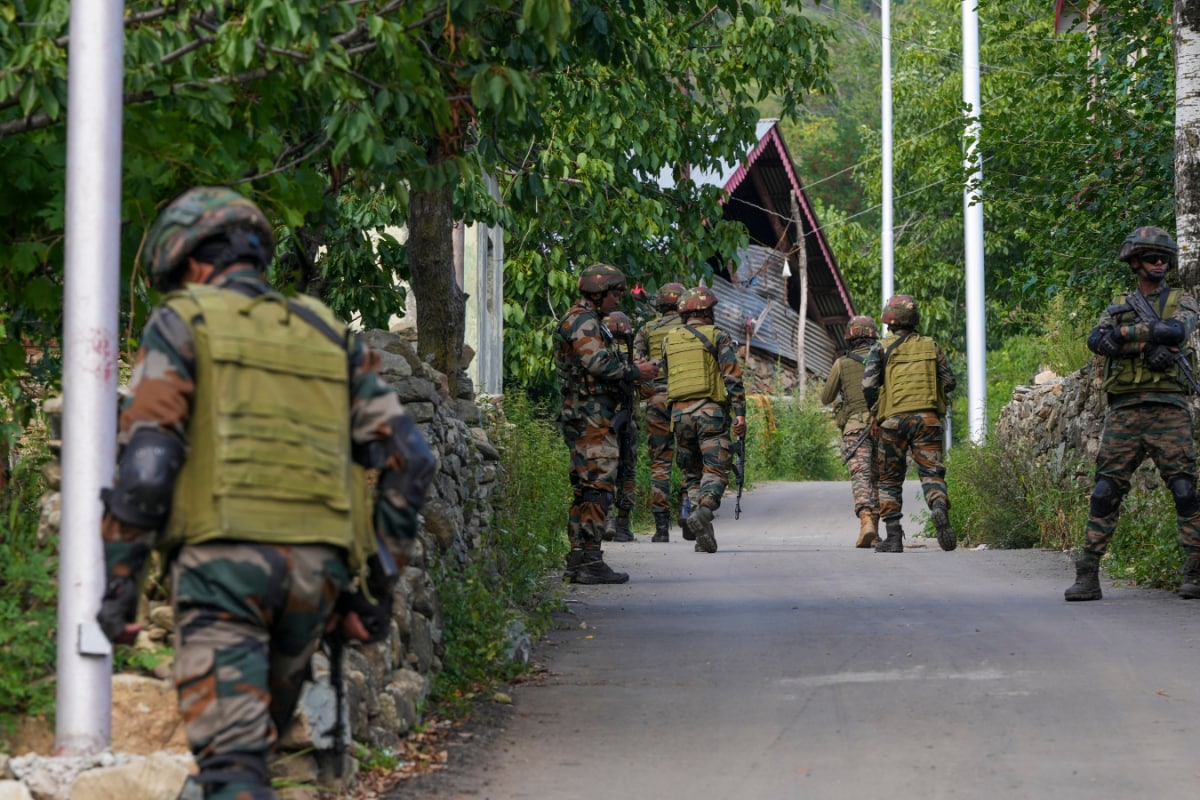

In the aftermath of the deadly Pahalgam terror attack that claimed the lives of 26 civilians on April 22, 2025, Indian security forces launched "Operation Mahadev" to hunt down the perpetrators. This operation culminated in a successful encounter on the outskirts of Srinagar, where three terrorists, including the alleged mastermind of the attack, were neutralized. The operation's success highlights the crucial role of intelligence gathering, technical surveillance, and coordinated efforts in eliminating threats to national security.
Intel Input: The Foundation of the Operation
Operation Mahadev was initiated based on precise intelligence inputs regarding the presence and movement of the terrorists. Following the Pahalgam attack, security agencies launched an intensive investigation, questioning over a thousand individuals, including family members of victims, tourists, and local residents. This meticulous process led to the creation of composite sketches and the identification of individuals who had harbored the terrorists.
Further, the interrogation of 14 Kashmiri Over Ground Workers (OGWs) revealed the identity of Hashim Musa, also known as Suleman, a former Pakistan Army para-commando turned Lashkar-e-Taiba (LeT) operative, as the mastermind behind the Pahalgam attack. This information proved invaluable in tracking down the terrorist group.
Technical Surveillance: Tracking the Enemy
Technical surveillance played a critical role in pinpointing the location of the terrorists. According to officials, security forces picked up a satellite phone signal that was being used by the group. This Huawei satellite phone, which had remained silent after the Pahalgam massacre, briefly reactivated, providing a crucial lead to the security agencies.
The location of the signal was traced to a remote patch of Dachigam forest, raising strong suspicion of a terrorist hideout. This technical intelligence, combined with human intelligence, enabled the security forces to launch a targeted operation. Intercepted Chinese-manufactured Ultra radio signals, used for encrypted communication by LeT operatives, further aided in tracking the terrorists. This "Ultra Set" device, exclusively customized by Chinese companies for the Pakistan army, operates on radio waves and uses Chinese satellites for message transmission.
Eye in the Sky: Executing the Operation
With precise intelligence and technical data in hand, a joint team of the Indian Army, the Central Reserve Police Force (CRPF), and the Jammu and Kashmir Police launched Operation Mahadev. The operation was named after Mahadev Peak, near which the terrorists were hiding in the dense forests.
On July 28, 2025, the security forces engaged the terrorists in an intense firefight in the Harwan area near Dachigam National Park. The encounter resulted in the elimination of three terrorists, including Hashim Musa. The other two were identified as Jibran and Hamza Afghani. A significant cache of arms and ammunition, including an M4 carbine, AK rifles, and grenades, was recovered from the site.
Confirmation and Aftermath
The identities of the slain terrorists were confirmed through multiple sources, including those who had previously sheltered them and forensic tests of the weapons. Ballistic tests conducted at the Forensic Science Laboratory (FSL) in Chandigarh confirmed that the weapons seized from the terrorists matched those used in the Pahalgam attack.
Union Home Minister Amit Shah announced the success of Operation Mahadev in the Lok Sabha, stating that all three terrorists involved in the Pahalgam attack had been eliminated. He commended the coordinated efforts of the Indian Army, CRPF, and Jammu and Kashmir Police in neutralizing the threat.
The elimination of the Pahalgam attack mastermind and his associates marks a significant victory in India's fight against cross-border terrorism. Operation Mahadev demonstrates the effectiveness of intelligence-led operations, technical surveillance, and inter-agency cooperation in maintaining peace and security in the region. The operation serves as a strong message to terrorist groups and their sponsors that their actions will not go unpunished.